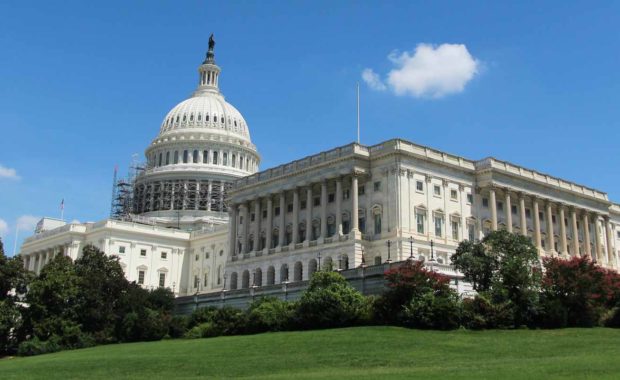The federal contracting sphere is a fast-paced and quickly evolving environment that demands optimal health, well-being, and professional skills.
Overcoming Geographical Challenges in Benefit Packages for Federal Contractors
Federal contractors are often deployed across various locations, each presenting its own geographical challenges that must be considered when
Lifestyle-Centric Benefits: Aligning with the Personal Values of Federal Contractors
Modern employment benefits are far more flexible and diverse than those of yesteryear, and this presents numerous opportunities to customize benefits
Benefits That Matter: Addressing Dependent Care Needs for Federal Contractors
Is your business looking for a more competitive edge in employee recruitment and retention? Are you doing everything possible to provide a supportive
Age-Inclusive Benefits: Meeting the Needs of Diverse Age Groups Among Federal Contractors
All organizations can benefit from incorporating age-inclusive benefits into their offerings, but it is particularly imperative for federal
Incorporating Family-Centric Benefits into Federal Contractor Benefit Plans
Federal contracting is an incredibly rewarding sector, but it is also quite demanding. Maintaining a proper balance between work and family life can
The Basics of Employee Benefits for Government Contractors
The United States government spent approximately $1.1 trillion on contractual services and supplies, according to the Bureau of the Fiscal Service.
Location Matters: Aligning Benefits with Regional Needs of Federal Contractors
Businesses that operate in the federal contracting sphere understand the importance of maintaining a qualified employee base, and one major aspect of
Adapting Employee Benefits to Retain Talent Amid a Recession
Federal contractor benefits are essential to employee retention, showing contractors that their company values their contribution and cares about









